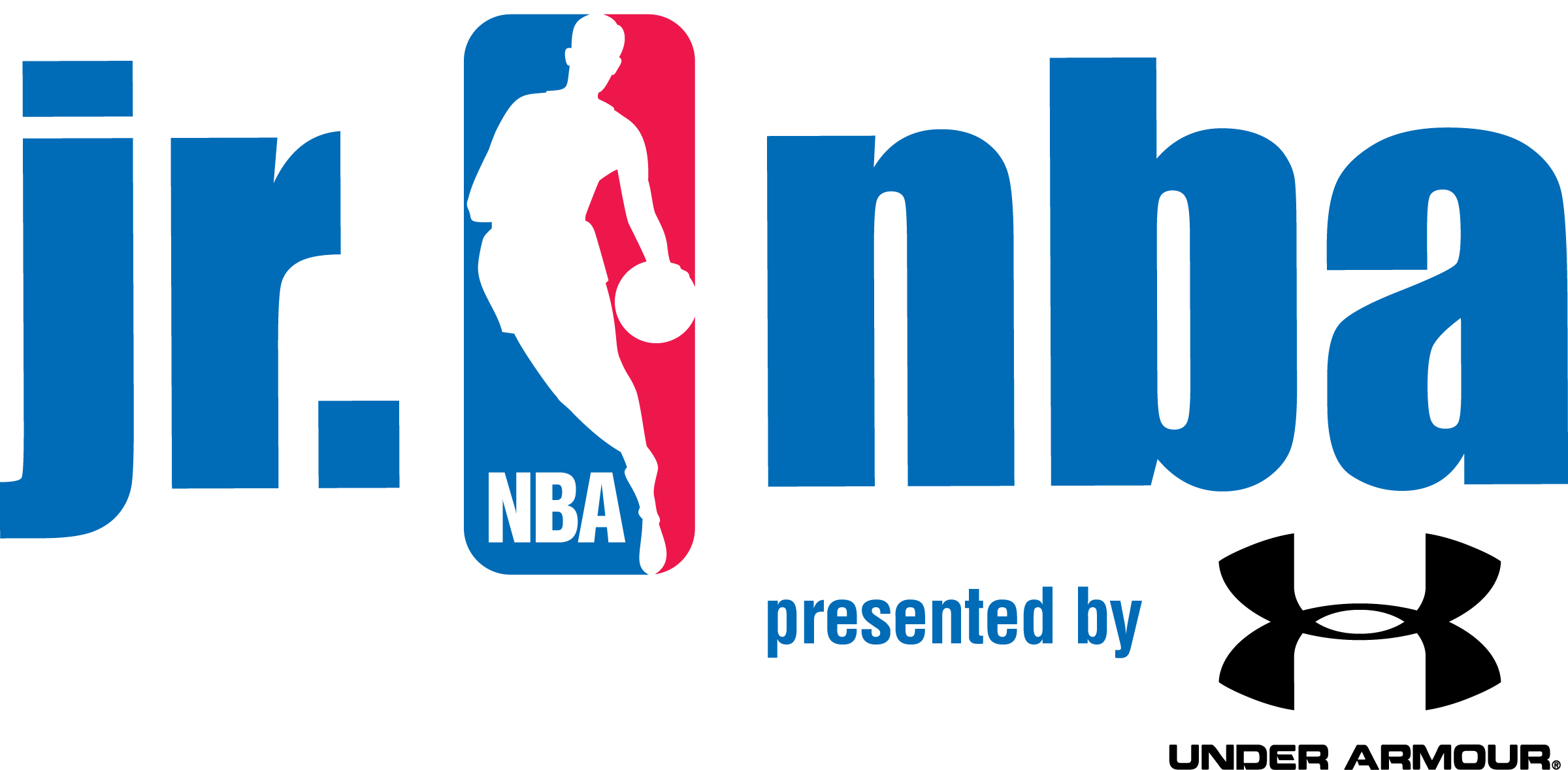
Basketball on the Edge – Know Your Role

Attended a youth basketball game recently? You have probably noticed coaches yelling at referees, parents yelling at coaches, players yelling at referees, parents yelling at players, referees yelling at parents. How do we make sense of what we are seeing out there? More importantly, what can we do to change that culture for the benefit of the kids playing the game?
As coaches we encourage our players to know their role on the team and perform to the best of their ability within that role. The team functions as a well-oiled machine when each player executes his or her role flawlessly. Being the high scorer, the best defender, or best rebounder are roles that coaches may ask players to fill. If the best defender tries be the high scorer the “system” may break down and the team will not be as successful. I think that is what we sometimes witness during youth basketball games. Participants in the game stray from their role and everyone’s experience is less enjoyable. So how can we help create the type of youth basketball environment that is best for our kids?
There are five main roles to be filled during a youth basketball game: player, coach, referee, scorekeeper, and parent. Let’s take a look at each role and how the people filling that role can be at their best.
Player
A player’s role is simple. Play the game hard to the best of your ability. Listen to your coach. Demonstrate good sportsmanship. A player’s role should be the most fun of any of the five.
Which other role do players sometimes want to slide into? The referees! I see kids all the time treating referees disrespectfully, making faces, rolling eyes, arguing. I tell kids that attend my basketball camps that there will be plenty of time later in life to become a referee. They can take some classes, learn the rules, buy a whistle, and become a referee, but I guarantee that it’s not as much fun as being a player. While you are young, enjoy being a player and don’t try to be a referee. Focus on playing and having fun. There will always be bad calls. Learn to deal with it and keep playing.
Coach
A coach’s role is to coach their team. I know that sounds overly simplistic, but think about it. I’ve coached in youth basketball games where the coach, and often his assistant(s), spend the whole game arguing and pleading with the referee. They say ten words to the referee for every one word they say to their players!
Be an example for players so they stay in their role. Don’t try to coach the game and ref it at the same time. A youth basketball coach should be teaching the game and making the experience fun and positive for their players. When a coach strays from their role, players notice and feel entitled to do the same. I make a huge effort not to talk to officials. I let them do their job and I coach my team.
Referee
Let me start by saying referees have a tough job. 99.9% of refs are out there trying their best to make the game fair for both teams. They don’t care who wins and they’re not biased.
Referees rarely stray from their role of bringing order, keeping players safe, and calling the best game possible. If coaches, parents, and players do not leave their role in attempt to referee the game things usually run smoothly. When officials are subjected to verbal abuse or every call they make is questioned, the players experience becomes less enjoyable.
Every once and a while you will run into a referee that has a large ego, short fuse, or simply wants everyone to know that they are in charge. These referees may yell at coaches, fans, or players. When that happens the referee is not fulfilling his or her role. As a coach or parent this can be extremely frustrating and I can sympathize. I have found myself dealing with referees that fit this description on occasion. It is critical to remember that our players and kids look to us to see what we do and how we act. Be a role model when it comes to dealing with difficult referees.
Scorekeeper
Scorekeepers have an important job. The score is usually VERY important to the coaches, parents, and players. If you don’t think so, watch what happens next time a scorekeeper misses a basket for one team. People start pointing and yelling until something is done about the error.
If you have ever been a scorekeeper or run the clock for basketball game you know it is much harder than it looks. Things happen fast out on the court and you have to be paying attention all the time. If your mind wanders, oops! Some kid just scored and you have no idea. If you ever have to help out and keep score or run the clock for one of your kid’s games do one thing to fulfill your role, pay attention!
Scorekeepers are usually high school kids making minimum wage or parent volunteers. Be nice to them. If they make an error, don’t berate them, be thankful someone is there to keep the score and run the clock.
Parent and Fan
Unfortunately, many parents and fans believe they are better coaches and referees than the people in those actual roles. A parent’s job is to enjoy watching their kid play a game. Nothing more.
We don’t want players yelling at referees and yet in every game parents are screaming at them. Do these parents really think they know the rules better than a certified official? Do these parents really think they are less biased than an impartial referee even though they have a kid on the team? Trust me when I say your kid hears you, is embarrassed, and wants you to stop.
I’ve shared my thoughts in depth before about why parents coaching from the stands is so bad for players. It’s confusing for kids. The coach is telling them one thing, but Dad is saying the opposite. The player is trying to concentrate on the game, but mom is always yelling out advice.
There are several studies that asked collegiate, high school and youth level athletes “What do you want your parents to do at your games?” The most common answer was absolutely nothing. Don’t cheer, don’t scream at me, don’t scream at the coach, don’t scream at the referee, don’t try to coach me. Just watch.
Even if you do know a lot about the game or you’re a coach of another team, if you are not coaching this particular team that your kid is playing on then you are just a parent. Sit back, enjoy the game and when it’s over tell your kid you loved watching them play.
Know which of these roles you are in when you show up for a game, stay in your role, and help improve the youth basketball experience for everyone involved!
Leave us a comment about this post headstartbasketball@usa.net


